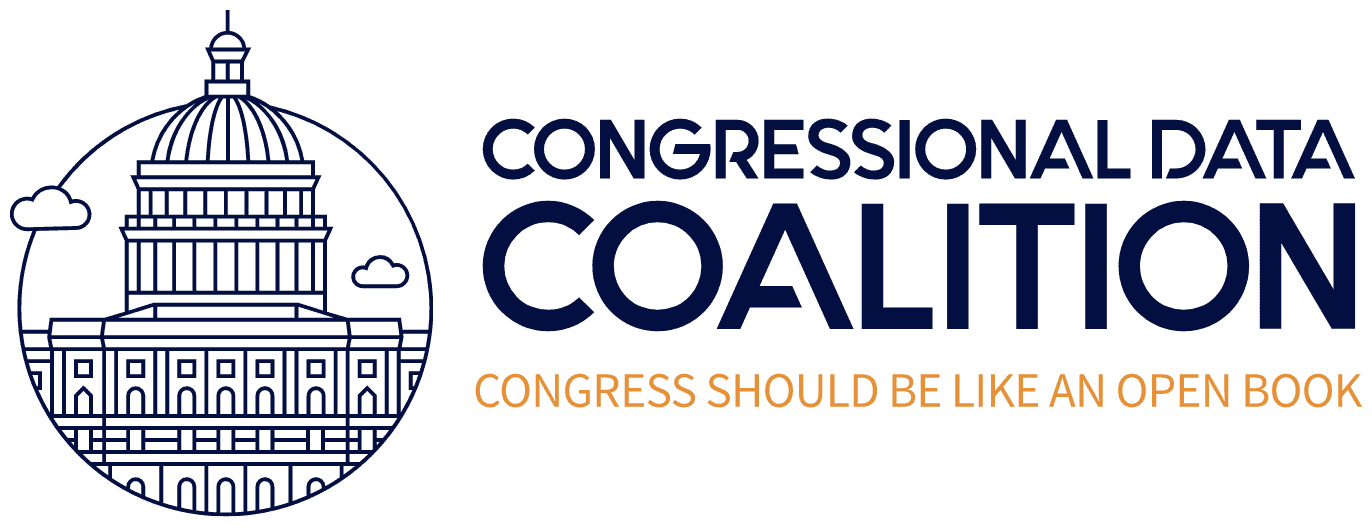The fourth Congressional Hackathon will be held on April 6th, and in advance of the proceedings we’ve updated our list of project ideas and resources for the hackathon. The information is published as a Google document, so please feel encouraged to add your own ideas or add content to existing ones.
The ideas, including a summary of the idea, recommendations, and resources, are available here. You can also find a top line summary of the idea below.
Continue Reading
